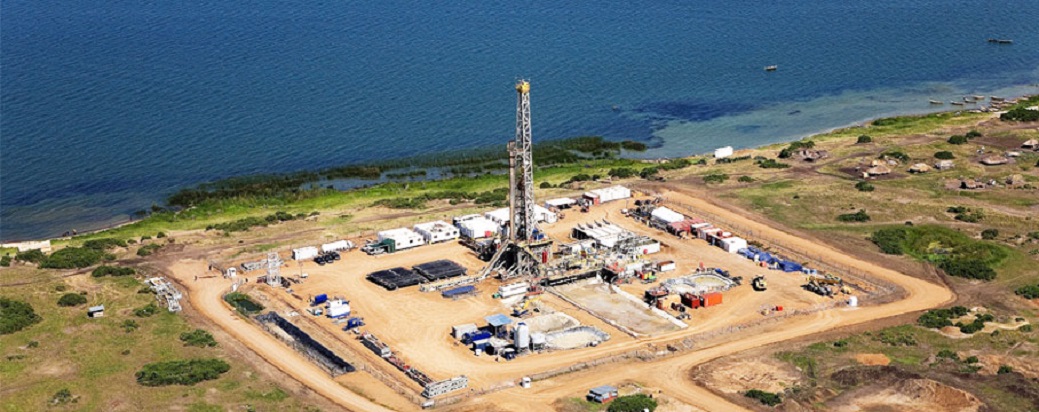Local small-scale enterprises involved in the digital technology industry have teamed up to jointly apply for contracts in the oil and gas sector, as well as take on large government contracts, under the National Content Policy.
This, according to them, is the answer to the claims that the local companies do not have the capacity to undertake contracts especially in the oil and gas sector. Through their association, GPS Telematics and IOT Association Ltd (GTIAL), the companies have also criticized the government failure to institute IT-based solutions to the rising road accidents and deaths as well as vehicle thefts.
The companies specialize in the use of Global Positioning System (GPS) technology to track, locate and monitor asset of clients like motor vehicles, cycles and machinery.
They also use convergence of different internet-based systems or the Internet of Things (IoT) to enable communication between the owner of an asset, the service provider and the authority like the police using one interface. The association now says they have all that is required to provide vehicle security using technology that is available around the world.
In July last year, the government, through the President’s Office and the ICT ministry signed a contract with Joint Stock Company Global Security, a security company said to be from Russia, to implement the smart tracking project for a period of 10 years. The company came under scrutiny for allegedly failing to pay debts to its creditors back in Russia, some of which applied that the company be declared bankrupt.
The deal was also criticized as unnecessary as the work could be done for less by locally sourced companies, on top of the fact that it was not advertised in national and international media as provided for in the national procurement laws. Attorney General Kiryowa Kiwanuka defended both the deal and the company as being legal and financially stable respectively. The project is yet to materialize.
Now GTIAL says the association members, in a joint venture are engaging the government through the works and transport ministry and the Police to give them a contract. But the Chairman of the Association, Henry Katongole, who is also Chief Executive Fleet Management Systems Ltd, says if their plans are supported by the government, they will also help in investigations and prosecution of cases.
The Secretary to the board, Timothy Mwandha, says this will help monitor public transport vehicles, their movements and the activities by the drivers, like bad driving.
Mwandha says while the private vehicle owners have been trying to secure their vehicles with these companies this gives limited security, arguing that there is need for national system that connects them to police and other authorities.
Mwanda says that following the formation of the joint venture, the companies are now seeking to be contracted for projects in the oil and gas sector. He explains, that apart from the safety of the vehicles and other machinery, there will be need to ensure the activities of the moving equipment do not adversely affect the ecosystem, as most of the activities are happening in protected areas.
Under the National Content Police on Oil and Gas, the Tier 2 and Tier 3 contracts, which are contracts given out by Tier 1 companies, will, as a priority, be given out to Ugandan companies.
Tier 1 contracts which are directly given out by oil companies, are deemed too big for local companies are awarded to usually large multinationals. Mwanda says they have now built capacity to take on Tier 3 companies, and appeals to the oil and gas companies to allow them bid for the contracts.
-URN




